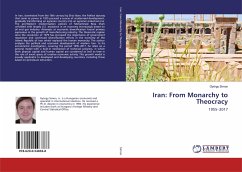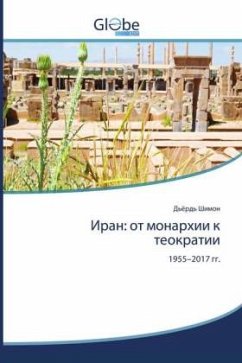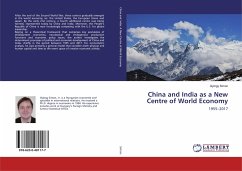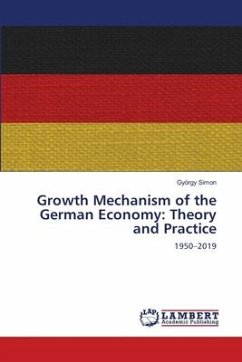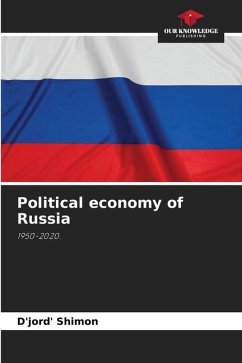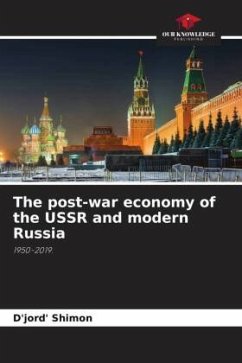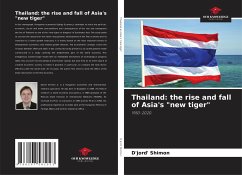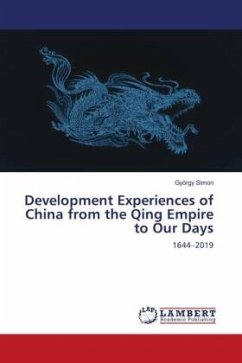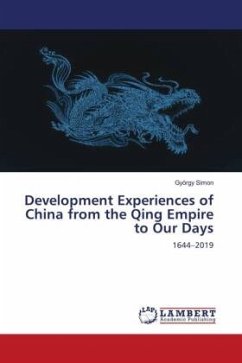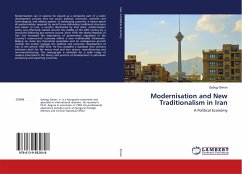
Modernisation and New Traditionalism in Iran
A Political Economy
Versandkostenfrei!
Versandfertig in 6-10 Tagen
43,99 €
inkl. MwSt.

PAYBACK Punkte
22 °P sammeln!
Modernisation can in essence be viewed as a composite part of a wider development process that has social, political, economic, scientific and technological, and military aspects. In developing countries, it means above all westernisation opposed by social forces defending traditional structures and values. In Iran, a country dominated by Shia Islam, modernisation policy was effectively started around the middle of the 20th century by a monarchy following pro-western course. Since 1979, the Islamic Republic of Iran has increased the importance of government regulation in the country's resource...
Modernisation can in essence be viewed as a composite part of a wider development process that has social, political, economic, scientific and technological, and military aspects. In developing countries, it means above all westernisation opposed by social forces defending traditional structures and values. In Iran, a country dominated by Shia Islam, modernisation policy was effectively started around the middle of the 20th century by a monarchy following pro-western course. Since 1979, the Islamic Republic of Iran has increased the importance of government regulation in the country's resource-rich economy within a new traditionalist framework. Relying on some key theoretical postulates and on endogenous growth models, the author analyses the political and economic development of Iran in the period 1955-2014. He has compiled a database that contains indicators both for the macro level and two sectors: manufacturing and non-manufacturing. The monograph is intended for a wide rangeof readers interested in the theory and practice of development in petroleum producing and exporting countries.



